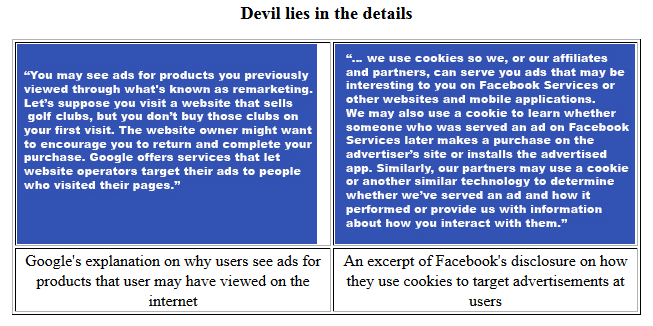Shopping on apps raise privacy and security concerns
The recently concluded online Diwali sales frequently offered consumers hefty discounts on merchandise if they shopped via store app, a move that experts say increases security risks for internet users.
The article by Vivek Ananth was published by the Softcopy, an IIJNM Web Publication on November 23, 2015. Sunil Abraham gave inputs.
“It makes the security much worse because of increased complexity from the user perspective,” said Sunil Abraham, executive director at Centre for Internet and Society.
“User will have to install multiple apps and then worry about the security implications arising from each app. From the e-commerce corporation perspective it might reduce effort but for users this is a nightmare.”
Do apps increase security risks?
The degree of risk depends on the specific app and can only be determined after a detailed security audit, Abraham said.
“Unfortunately there aren't many organisations doing such audits and making their results available to the public,” he added.
There are some users who say that privacy on the internet isn’t an option.
“Once you are online your privacy is kind of gone,” said Hasmit Trivedi of Mumbai. “I mean you are vulnerable.”
“That (browsing history being used to target advertisements) does concern me, but not to the extent that I'll stop using these websites,” said Sweta Rajan, a lawyer from Mumbai.
“Google has done this forever," said Dinoo Muthappa.“I don't even care if they use my search to place advertisements of what they think I need while browsing.”
Comfort and Convenience trumps privacy
“I don't really shop for things I'm not comfortable allowing the world to know. I'm ok with them using this (usage pattern and browsing information) for commercial reasons,” Rajan said.
“We live in a world where the cost of convenience is our privacy. Take my user preferences,” said Dinoo Muthappa, a lawyer from Delhi.“If it means you'll make money and somehow reflect as a discount to me later, that's fine,” she added.
“I frankly don't have a problem with it in principle,” said Akshara Kumar Chitoor, a lawyer from Bengaluru, about companies mining data to target advertisements at her. “I don't think it's very different from how certain TV channels carry certain advertisements because they know the audiences.I mean, you get Rin and Horlicks ads on Zee and Sony but not Romedy Now or Comedy Central.”
“The convenience of having it come home when I want and not having to face the guy who I know is ripping me off; these guys can use and sell my information,” Muthappa said.
“With my work timings I literally do not find time to go to a store and shop,”Rajan said. “I buy everything online. It's very convenient and time saving.”
“Personally, I think just browsing stuff to buy is much easier on your computer,” said Sreenath Unnikrishnan, a product developer from Singapore. “However, I do think apps are more convenient for payment. As in your card information is normally stored and can be accessed without having to log in and all. I can do that on a computer too, but it's less secure. At least that's what I think.”

Google and Facebook have their advertisement norms disclosed.
Twitter also follows a similar model using the email ids that their users have associated with their twitter handles.
“If the service is free - then as many have said before - you are the product, said Sunil Abraham executive director at Centre for Internet and Society. “Your personal information is being sold to marketers and advertisers. As Bruce Schneier puts it ‘surveillance is the business model of the Internet’".
The terms and conditions are sometimes very long and use difficult language.
“Transparency and Informed Consent are principles in most jurisdictions that have data protection law modelled on the EU Data Protection Directive,” Abraham said.“Part of the transparency principle is the accessibility of the language.”
The user though still has an option to opt out of the above process where their data is collected by these companies.
Privacy policies of internet companies are legal documents. These are required under data protection laws. This makes them complicated, said Abraham.
The users don’t care that their usage data is being mined by businesses till they have a bad experience, Abraham said.

